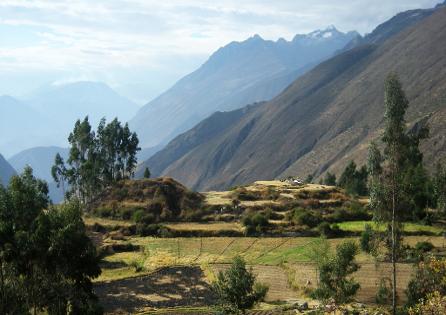The Archaeological Museum of Catalonia-Empúries is organizing the 72nd Empuries Archeaology Course from July 8-28, 2018.
The Port Areas in the Greek Cities

This year’s Empúries Archaeology course coincides with the restarting of archaeological excavation in the Greek city of Emporion. The aim of the planned field work is to continue uncovering the constructions of the city’s port area and, especially, its connection with the natural bay extending to the north which acted as the port itself. Earlier interventions in this sector permitted the recovery of a complex stratigraphic sequence, illustrating the evolution of the Greek centre as well as other evidence proving the existence of a sanctuary or place of worship lose to the port, as in the case of other Greek cities and colonial outposts.
With the aim of complementing the practical knowledge acquired during excavation, “The port areas of the Greek cities” has been chosen as the monographic subject for this year’s course. Over several theoretical sessions, as well as through the field work, we propose to study the port installations of Greek cities and particularly to advance in the understanding of the port area of Emporion with a multidisciplinary approach, combining archaeological work with geophysical and geomorphological studies, which are just as necessary for its interpretation.
In the mornings, students will participate in the archaeological excavation work that will be carried out in the Greek city of Empúries, as well as in the work to classify and make an inventory of the material discovered during the excavation. In the afternoons, there will be conferences programmed, as well as visits to the site and museum, work sessions and debates organized about the subject of the course. On Saturdays, several visits are also planned: the Iberian settlement in Ullastret, the sites of the Ciutadella of Roses and Sant Pere de Rodes, the archaeological site of Lattes and village of Agde in France.
The Empúries Archaeology Course is aimed at second cycle university students studying a degree in Archaeology or History, and at Master’s students, preferably with previous experience in archaeological excavation.
Students interested in participating in the course should contact their university’s archaeology department, which will be able to process applications. The course is limited to twenty-six places. For this reason, universities can only propose a single candidate for final selection from among the applicants. The deadline for the application is May 31, 2018.
The students who are finally selected will receive an email by June 8 containing full information (timetable, accommodation, etc)
In the coming weeks the final program of the course will be published together with information about lectures and other activities.
- Date: July 8-28, 2018
- Place: MAC Empúries
- Price: 300€ This price includes accommodation and board during the course, an insurance policy, attendance at practical and theoretical sessions and the planned visits.
Application Form: 72nd Empuries Archaeology Course
MAC-Empúries offers the possibility for two students to be able to obtain a grant to cover the price of the course.
Further informations:
Museu d’Arqueologia de Catalunya-Empúries
Tel. (+34) 972 77 02 08 | macempuries.cultura@gencat.cat










